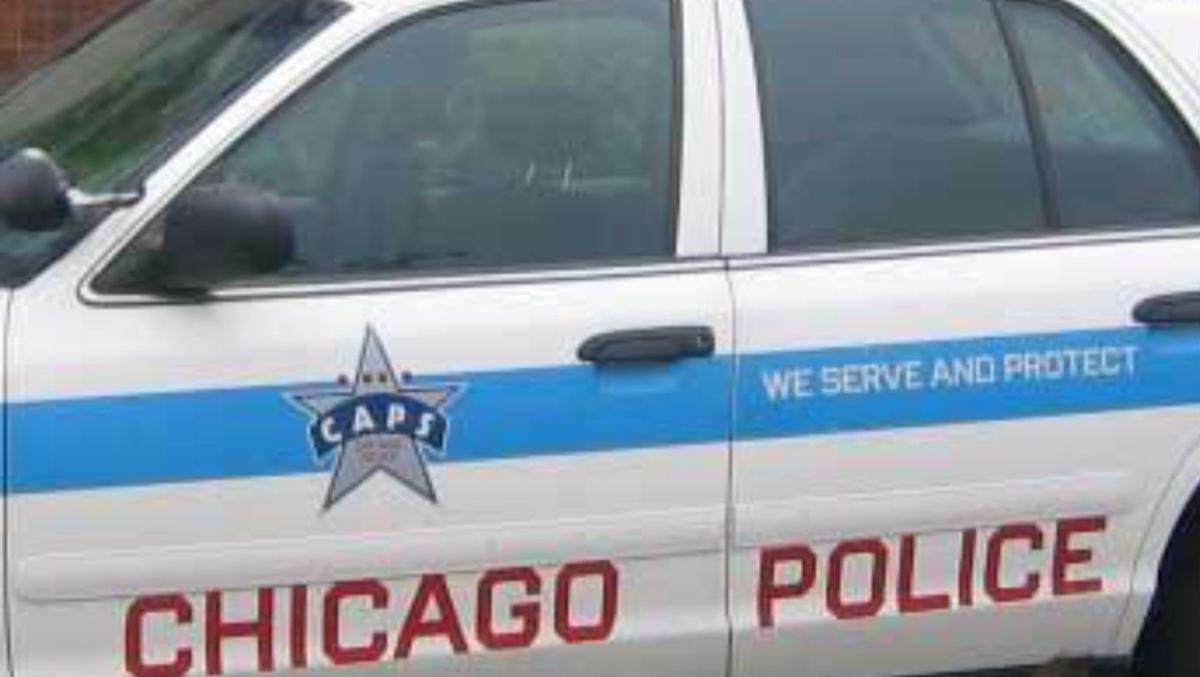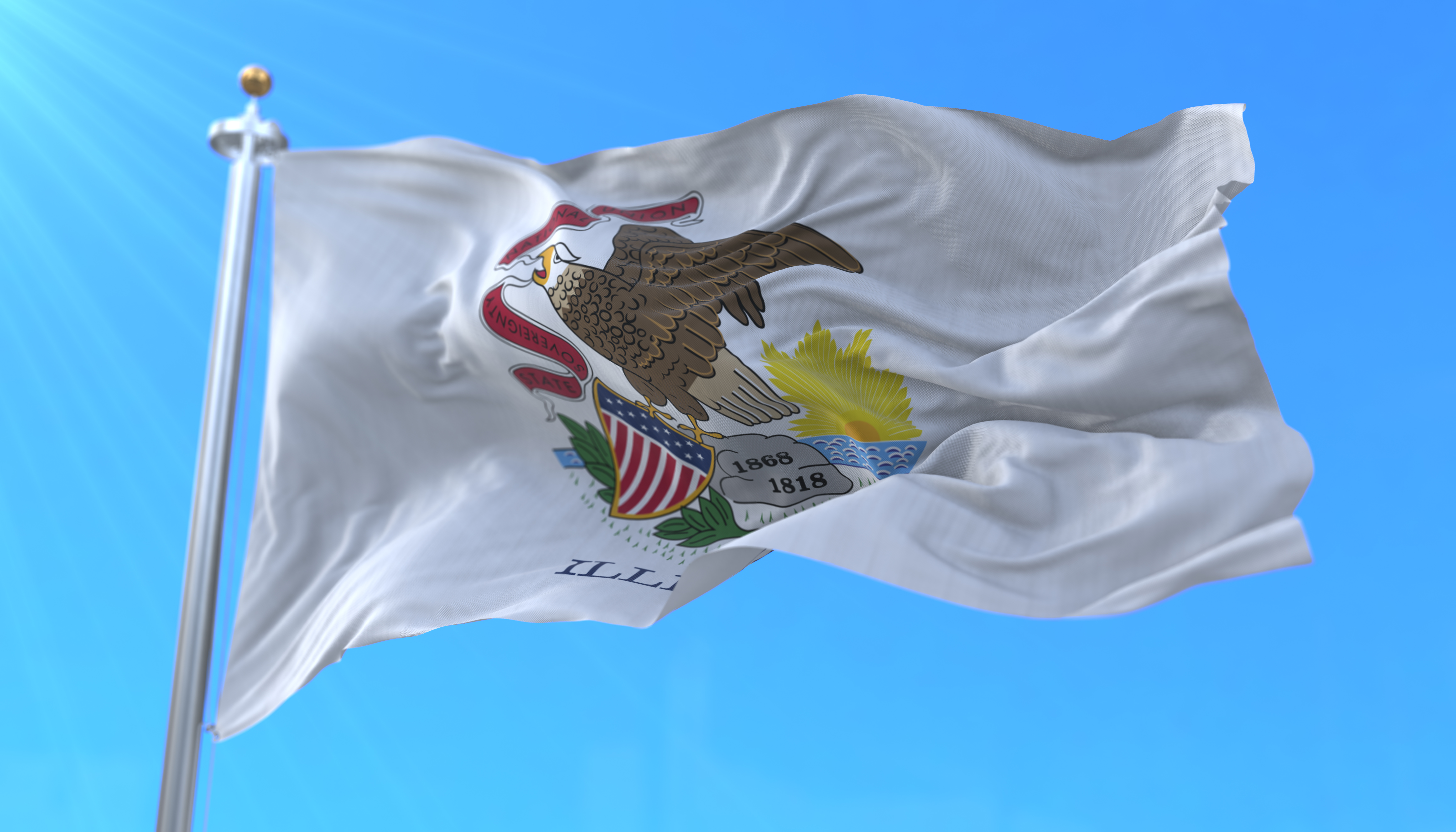More doses of the monkeypox vaccine have arrived in Illinois, health officials in Cook County announced Friday, saying 86 doses were shipped to the county's health department.
Late last month, the Illinois Department of Public Health announced it was expecting to receive 1,291 doses of the two-dose JYNNEOS vaccine. Another 3,200 were set to be delivered to the Chicago Department of Public Health.
As of Friday, Illinois was seeing the third most monkeypox cases out of all U.S. states, with a total of 115 reported.
For those hoping to get the vaccine, doses aren't readily available yet.
Currently, the Centers for Disease Control and Prevention isn't recommending widespread vaccination, according to health officials. As the vaccine is limited in supply, doses are being prioritized for "use as post-exposure prophylaxis (PEP) for individuals with known or suspected contact with monkeypox cases," according to the Cook County Department of Public Health.
Additional doses could be coming to the region in the near future, and more people may soon be eligible, too.
CCDPH said it's considering expanding vaccinations to those with a higher-than-normal risk of exposure, including close personal contacts of people with monkeypox.
Local
Monkeypox is a rare, but potentially serious viral illness, which often begins with flu-like symptoms and swelling of the lymph nodes, and progresses to a rash on the face and body, health experts said. It was first observed in Africa in 1970, and is usually found in western and central portions of the continent.
A worldwide outbreak has grown in recent months.
Feeling out of the loop? We'll catch you up on the Chicago news you need to know. Sign up for the weekly Chicago Catch-Up newsletter.
Virus symptoms range from fever, aches and rashes all over the body.
"Suspected cases may present with early flu-like symptoms and progress to lesions that may begin on one site on the body and spread to other parts," the Chicago Department of Public Health previously stated.
Dr. Irfan Hafiz, an infectious disease specialist with Northwestern Medicine’s McHenry and Huntley Hospitals, said the virus causes symptoms that are similar to several maladies, including chickenpox or smallpox.
“It can, to the layperson, look like chickenpox or warts,” he said. “But these (sores) tend to be in exposed areas.”
Health experts also said the illness can be confused with a sexually transmitted infection like syphilis or herpes, or with varicella zoster virus.
Federal health officials are urging doctors in the U.S. to "consider a diagnosis of monkeypox in people who present with a consistent rash, especially if they meet any of the following criteria:
- Had contact with someone who had a rash that looks like monkeypox or someone who was diagnosed with confirmed or probable monkeypox
- Had skin-to-skin-contact with someone in a social network experiencing monkeypox activity; this includes men who have sex with men who meet partners through an online website, digital application (app), or social event (e.g., a bar or party)
- Traveled outside the US to a country with confirmed cases of monkeypox or where monkeypox activity has been ongoing
- Had contact with a dead or live wild animal or exotic pet that exists only in Africa or used a product derived from such animals (e.g., game meat, creams, lotions, powders, etc.)



